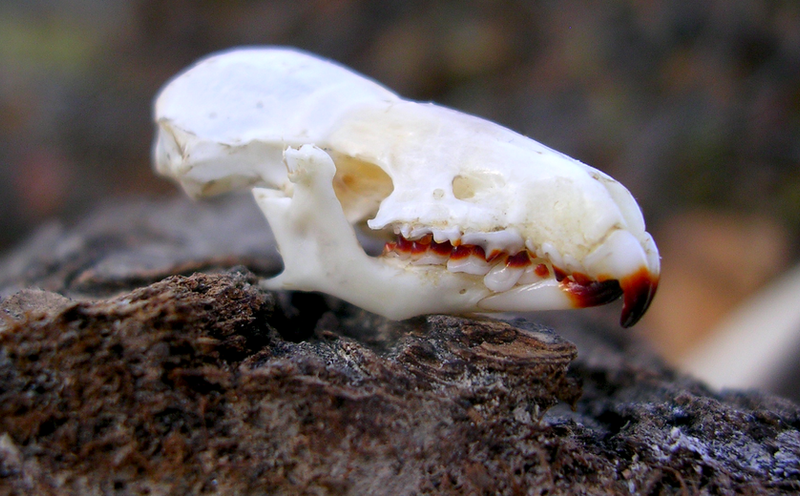Don't be fooled by that adorable face!
You read that right, a venomous mammal! The short-tailed shrew is one of only a few venomous animals in the world, joining the club with the platypus of Australia.
Our shrew has such a high metabolism that it must consume the equivalent of its body weight each day and can starve to death in just a matter of hours. As you can imagine, this can be pretty problematic if you can't find food in the frigid winter soil. But this is where the venom comes in. When a short-tailed shrew finds a large supply of food, it's favorite being insects and earthworms, it will go around and bite each one. Its venomous saliva then works like that of a cobra's and paralyzes its victims without killing them. The shrew can then carry its prize back to its nest and have a store of food available at all times. Insects that have been paralyzed by short-tailed shrews have been known to remain alive for another 3 to 5 days. This strategy works so well for the minute mammal that it actually increases its weight in the winter!
It seems that mother nature wanted to do everything it could to make the short-tailed shrew as badly cool as possible. Not only is it venomous, but the teeth with which it delivers its venom have red tips that make them appear to be dripping with blood.
This dental trait is shared with close relatives, whom are all appropriately referred to as "red-toothed shrews". They may all have red-tipped teeth, but not all of them are venomous!
Now before I go, I should calm your now frazzled nerves by telling you that the venom of the short-tailed shrew is of no danger to humans. Those whom have been bitten have described the effect to be similar to a bee sting. I did however find an interview with a well-respected shrew biologist that described a more memorable bite: "he remembers one student who was bitten on the hand by a particularly angry shrew that had to be pried loose. The student's arm became swollen and painful and showed signs of internal bruising that lasted more than a week (Source found here)." The moral of the story?
Don't mess with the short-tailed shrew.

No comments:
Post a Comment